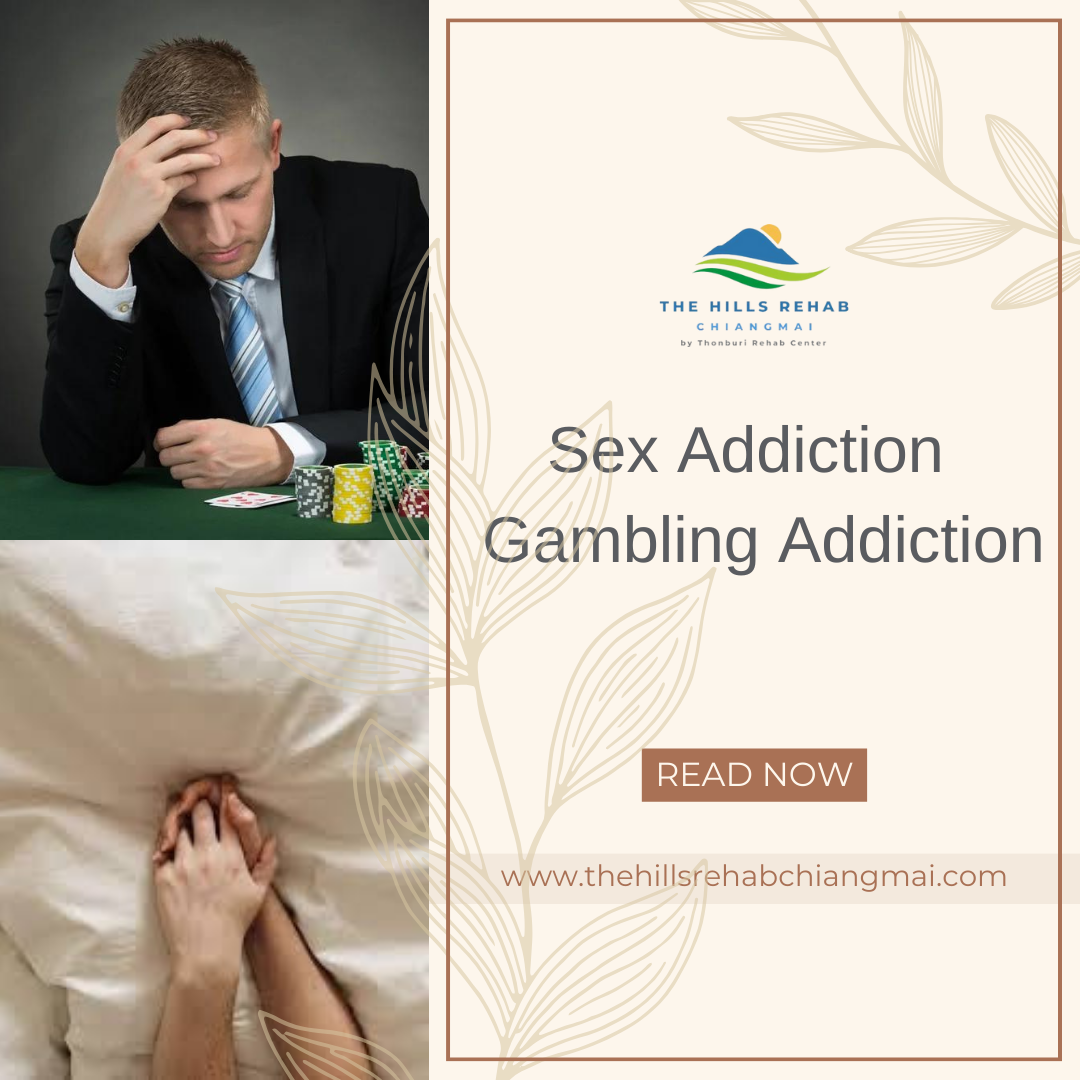
The Hills Rehab Thailand is a rehabilitation center that offers various treatment programs for addictions, including sex addiction and gambling addiction. Here’s a detailed overview of what you can expect from their services
The Hills Rehab Thailand emphasizes a holistic approach to addiction treatment, addressing not only the addiction itself but also the underlying psychological, emotional, and social factors. Our programs are designed to be comprehensive, integrating traditional therapy with holistic practices to support long-term recovery.
The Hills boasts a team of experienced professionals, including a full-time Doctor and Psychiatrist, English, French, Spanish and Arabic speaking therapists, 24 hour nursing, and holistic practitioners. Our multidisciplinary approach ensures that each client receives personalized care tailored to their specific needs.
Recovery doesn’t end with the completion of the program. The Hills Rehab offers aftercare services to help clients maintain their progress and prevent relapse. This includes ongoing therapy, support groups, and access to resources that promote sustained recovery.
If you or a loved one is struggling with sex or gambling addiction, reaching out to The Hills Rehab Thailand can be the first step towards recovery. We offer a confidential consultation to discuss your situation and create a treatment plan to reach your goals.
Are you in need of assistance on your journey to recovery? Contact us. We are here to help. At our reputable rehab center, we offer a complimentary consultation to provide guidance and support tailored to your specific needs.
"*" indicates required fields
TH:
USA/CAN:
UK:
AUS:
Whatsapp: